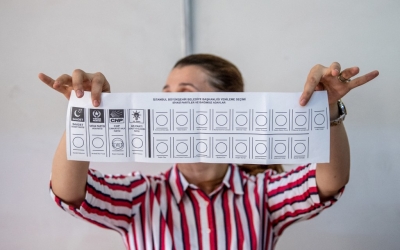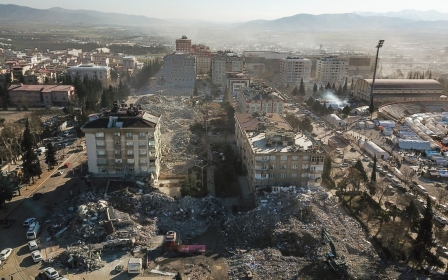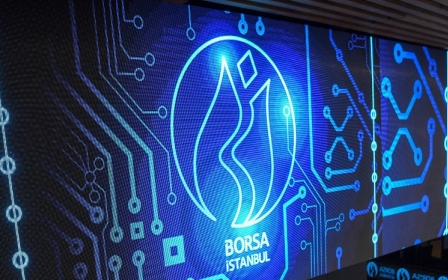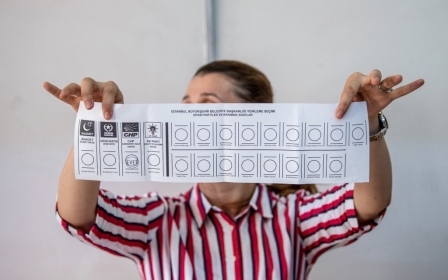Turkey earthquake: The opposition doesn't want to delay the elections
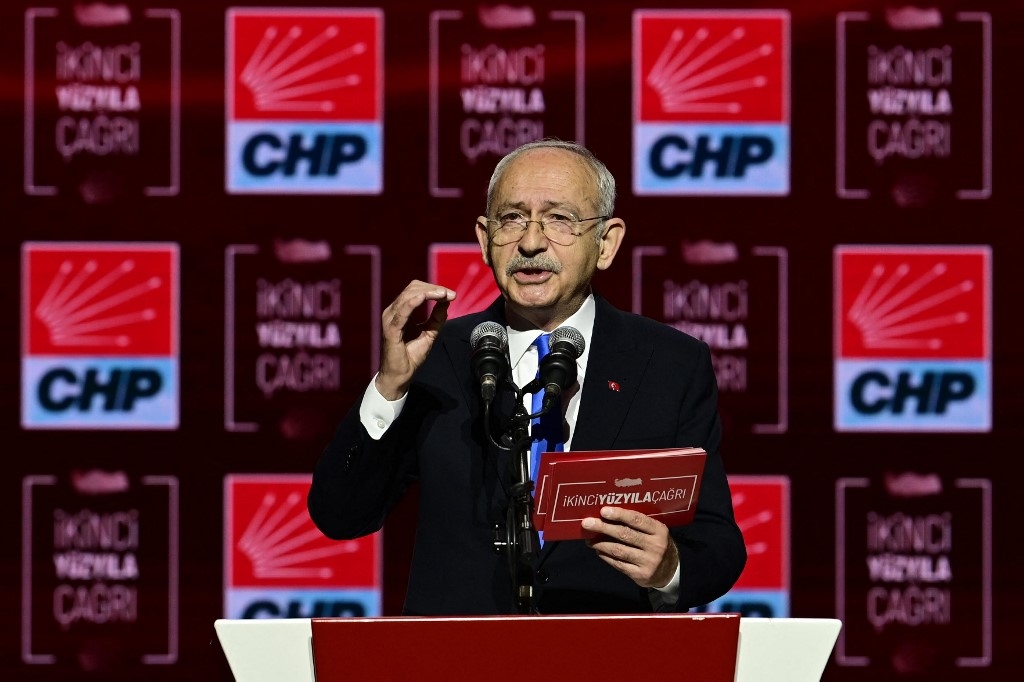
The leader of the Turkish opposition has rejected the idea of postponing the elections scheduled for June due to the twin earthquakes that hit southern Turkey last week, saying that the constitution only allows such a measure during the state of war.
Kemal Kilicdaroglu, the chairman of the main opposition Republican People’s Party (CHP), told a local news outlet that the constitution must be followed in the election process.
“No one can create a legal norm of his own by inventing justifications other than the constitution and laws. There is a constitution,” he said.
Multiple Turkish sources close to the government told Middle East Eye on Monday that officials from the ruling Justice and Development Party (AKP) have been exploring ways to delay the elections due to severe infrastructure damage after the earthquakes as well as public anger against the government over its handling of the disaster.
Bulent Arinc, a former speaker of the Turkish parliament and member of AKP, said on Monday that the elections must be deferred until next year's local elections to establish a proper infrastructure for the vote in 10 provinces. Arinc, a former Erdogan lieutenant, is no longer close to Erdogan following a set of disagreements, but his call has provoked a response from Kilicdaroglu.
“Look, there was a big earthquake, we are aware. There are migration movements, we are aware. However, with today's technology, these problems can be easily overcome,” Kilicdaroglu said. “Everyone has a Turkish identification number. The Supreme Election Board has everyone’s personal details. Address changes can also be easily detected.”
Kilicdaroglu added that, even if the elections are held on 14 May, as the government had intended to before the quakes, instead of its regular timeframe in June, there would still be at least three months to sort the problems out, even after a mass migration from those provinces to the West.
Meanwhile, Selahattin Demirtas, the imprisoned former chairman of pro-Kurdish People's Democracy Party (HDP), said on Twitter that any attempt to delay the elections without getting the support of the parliament would amount to "a political coup".
Ali Ihsan Yavuz, the deputy chairman of AKP, told a local newspaper on Tuesday that his party was very busy with saving lives in the region, and they didn’t have time to talk about the elections at all. “We all are in the earthquake zone. It is a fool’s errand to discuss this in the middle of a disaster and insult the lost lives.”
However, several columnists with close ties to the government, including Fuat Ugur, published articles that evaluated possible ways to delay the elections after talking to the senior AKP advisers on the issue.
Erdogan to meet opposition
A Turkish source familiar with the issue told MEE that Turkish President Recep Tayyip Erdogan may have a series of meetings with the opposition chiefs to discuss the way forward in the coming days.
“These meetings could be all together or one-on-one,” the source said. “Erdogan wants to see all his options regarding the future.”
Any postponement of the elections requires a temporary constitutional amendment, which requires the support of at least 400 members of parliament. The ruling coalition has only 333 representatives in the national assembly.
While AKP officials have been studying multiple options for possible postponement, they have not yet made a final decision or a move on the issue.
Any attempt to delay the elections could have legal ramifications, as authorities responsible for Turkish elections navigate between what they can do to postpone the date and what the constitution actually states on the matter.
Middle East Eye propose une couverture et une analyse indépendantes et incomparables du Moyen-Orient, de l’Afrique du Nord et d’autres régions du monde. Pour en savoir plus sur la reprise de ce contenu et les frais qui s’appliquent, veuillez remplir ce formulaire [en anglais]. Pour en savoir plus sur MEE, cliquez ici [en anglais].


